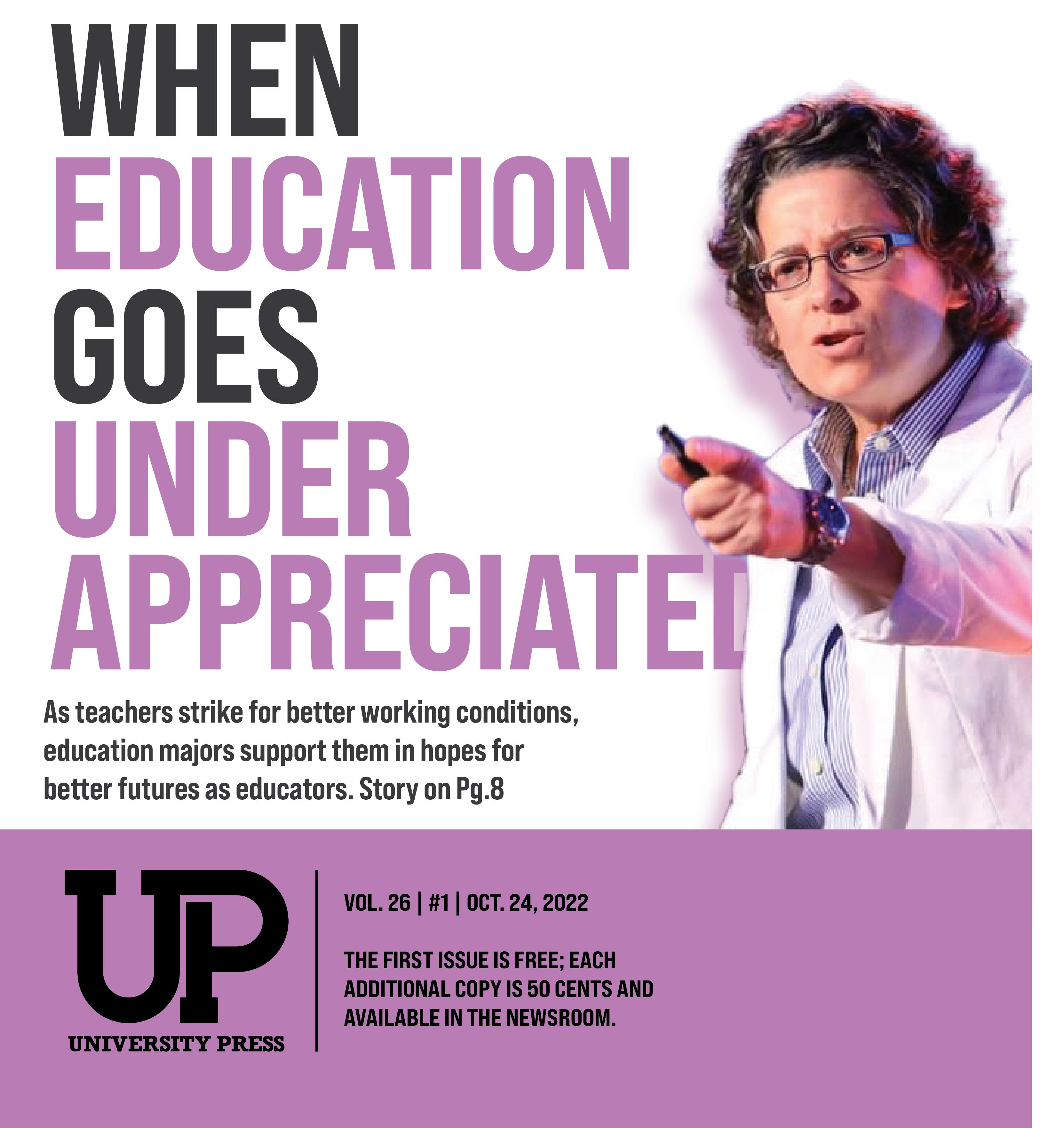 Economist Sylvia Allegretto
Economist Sylvia Allegretto
5 | NEWS SERVING UP SMILES
There is only one other public dental school in Florida, but FAU is planning to be the second one.
6-7 | FEATURE STILL THE BEST?
The UP looked at the professors with the highest SPOT ratings five years ago and followed up to see if they still measure up.
8-9 | FEATURE


WHEN EDUCATION GOES UNDERAPPRECIATED
As teachers across the country strike for better working conditions, students in FAU’s College of Education support them in the hopes of having a better future in the profession.
10 - 11 | FEATURE TAKING CARE OF OUR MILITARY OWLS
FAU has been considered ‘Veteran Friendly’ for 11 consecutive years.
12-13 | FEATURE ARRESTLESS CAMPUS?
No arrests occurred on FAU’s Boca Raton campus, as the only recorded arrest took place on the Jupiter campus.
14 - 15 | GALLERY HOT OR NOT?
The UP collected what we consider the two biggest, most hyped events this semester and put together our ideas whether they lived up to the hype or if they fell through.
2
WE’D SUE
FOR YOU VOL. 26 | #1 | OCT. 24, 2022 UPRESSONLINE.COM Facebook.com/UniversityPress Instagram/Twitter: @upressonline WANT TO GET INVOLVED
THE UP? Weekly meetings: Fridays at 2 p.m. in room 214 in the Student Union Email universitypress@gmail.com TO PLACE AN AD: Contact Wesley Wright wwrigh21@fau.edu
3 | EDITORS LETTER
FAU
AT
Editor-in-Chief
EDITOR’S LETTER:
WE’D SUE FAU FOR YOU
If it takes pursuing legal
action
to get the documents we need to report for your safety, we’ll do it.
We almost had to sue FAU to get public records. And we’d do it again.
On Aug. 22, the UP requested the disciplinary records of FAU students who violated the university’s sexual assault policy between 2018 and 2022. Those documents would have included the alleged offender’s name, nature of offense, date of offense, and the result of the disciplinary proceedings. Less than an hour after we put in the request, we received an email stating the university denied us the records.
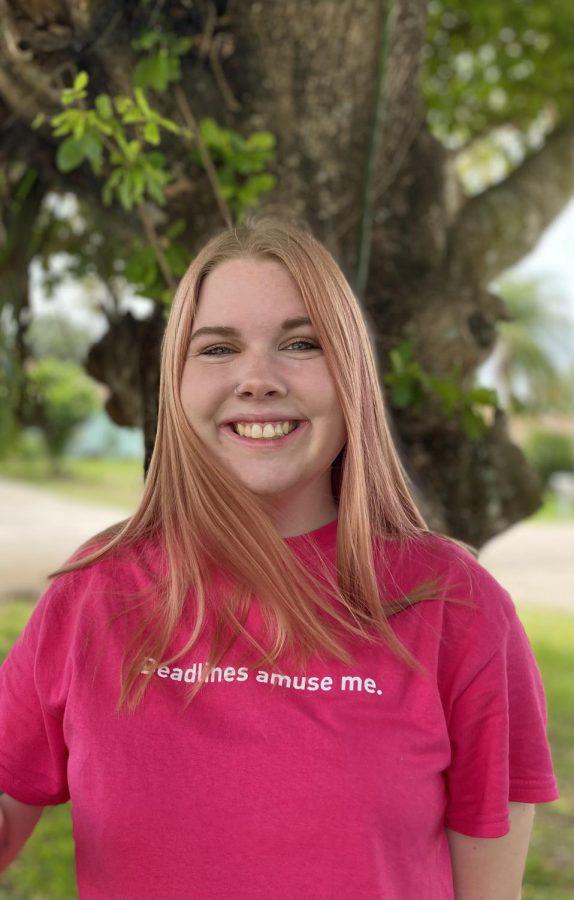
The reason we wanted them? To report them for your safety.
University officials said they couldn’t send us the documents because doing so would violate the Federal Educational Rights and Privacy Act (FERPA). This act protects the confidentiality of students’ educational records. However, there’s a certain exception allowing universities to disclose the results of a sexual assault case once it’s complete.
Even when FAU cannot provide us specific information, they are supposed to send records with confidential information redacted.
This isn’t the first time FAU cited FERPA to avoid providing records — and it certainly won’t be the last.
On Oct. 11, we had an attorney send a certified letter to FAU, explaining if we did not receive the public records we requested, we’d be taking legal action.
The next day, our attorney got a response from the university: we’d receive the records later in the week. On Oct. 14, the UP received the names, offenses, and any sanction imposed by the university against the offender
We’re disappointed it took threatening legal action to receive public records, but we’d do it again in a heartbeat if that’s what it takes.
Kendall Little, Editor-in-Chief, Savannah Peifer, Social Media Manager
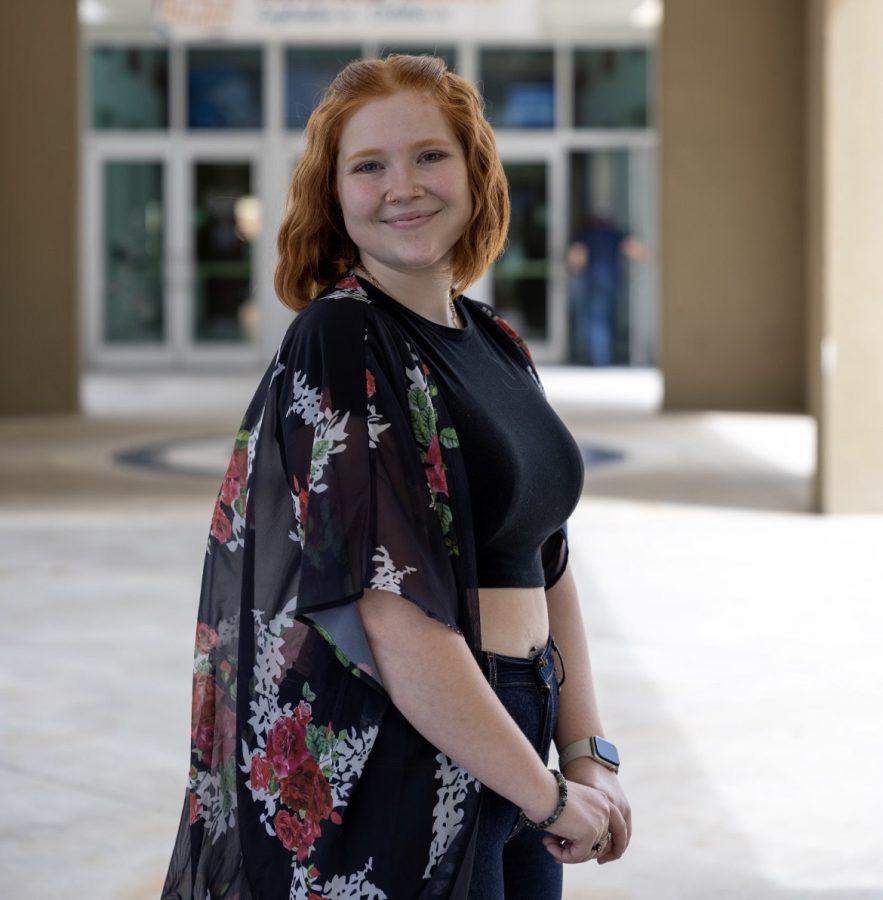
3
Kendall Little Managing Editor Michael Gennaro Art Director Lance Plummer News Editor Richard Pereira Sports Editor Cameron Priester Lead Photographer Nicholas Windfelder Copy Desk Chief Ma. Emilia Santander Social Media Manager Savannah Peifer Staff Writers
Johnny Cantwell Mary Rasura Melanie Gomez Advisers Wesley Wright Michael Koretzky
UPRESS STAFF
Kendall Little, pictured left and Savannah Peifer, pictured right


SERVING UP SMILES
There is only one other public dental school in Florida, but FAU is planning
Melanie Gomez | Staff Writer
There may be a second public dental school making its way to the state of Florida.
Florida Atlantic University recently has revealed plans to further close the dental shortage gap by building a dental school. There is only one public dental school in the state, which is the University of Florida (UF). There are two private dental schools in Florida, including Lake Erie College of Osteopathic Medicine (LECOM) and Nova Southeastern University (NSU).
Currently, 63 out of 67 counties in Florida are facing shortages in dental care with an estimated one-fourth of the state’s population dealing with a lack of dental care. With Florida’s population rapidly rising by the day, FAU’s College of Medicine estimates this issue to worsen within the next decade.
With insufficient dental care, many have turned to going to the emergency room to treat severe dental issues. Without personal care, it is becoming an expensive issue for Floridians.
“It is creating a bottleneck in the system, it is creating sub-optimal
care, especially if nobody knows anything about your teeth and dentistry,” said Julie Pilitis, the dean of FAU’s College of Medicine.
According to Pilitis, Florida alone had billed an estimated $620 million in 2021 on medical bills for dentalrelated ER and hospital visits. She also estimated the dental school could save South Floridians those costs by $300 million.
If plans for the dental school proceed forward, FAU’s dental school will be the second public dental school to be established in Florida and the fourth in the state after UF, NSU, and LECOM. It would be the first public dental school in over 50 years since UF’s dental school opened in 1972.
In comparison to other states with large populations, California has three public dental schools, Texas has four, and New York has two. As a result, 58% of dental students from Florida will attend dental school out of state, according to a survey the American Dental Association conducted in 2020-2021.
“We need more options for people to train here. Why do we need that
Rendering of the College of Dentistry, Courtesy of FAU
Cleveland Clinic Florida and Memorial Healthcare System.
The dental school will be named after dentist, philanthropist and former Board of Trustees member Dr. Jeffery Feingold. Feingold served on the Board of Trustees from 2010 to 2021 and was the late husband of current Board of Trustee member Barbara Feingold. His wife succeeded him as a Board of Trustee member shortly before his death that year.
“It was always his dream to see a dental school here,” said Feingold of her late husband’s legacy at the Board of Trustees meeting on Sept. 16.
The total cost of the building is estimated to be at $64.25 million.
The university already has a committed philanthropic pledge of $30 million and has a legislative budget request of $34.2 million. For the dental school operations, the non-recurring budget is requested at $85.5 million and $37.9 million for recurring costs, bringing the initial operation budget to $124 million.
and why do we care? Once we let someone leave, they may not come back,” said Pilitis regarding the importance of students willing to go to school in-state.
The university announced the dental school’s plans at the FAU Faculty Senate meeting on Sept. 12 and the Board of Trustees meeting on Sept. 16.
According to the Board of Trustees, FAU has 50 community partners in support of the FAU Health expansion including major partners such as Broward Health, Tenet Health,
Rendering of the College of Dentistry, Courtesy of FAU

The university plans for the dental school are currently not finalized and will be proposed to the state legislature in November.

5
to be the second one.
Students can use SPOT ratings to evaluate their professors’ performance and share it with the university.
Designed by rawpixel.com / Freepik
still measure up.
Mary Rasura | Contributing Writer
A lot can change in five years. You can earn a college degree, save for a house and your SPOT ratings can drop by 28.6 points.
SPOT, or Student Perception of Teaching, are surveys that FAU uses to evaluate professors’ capabilities in the classroom. The UP published an article in Jan. 2018 about the professors with the highest SPOT ratings in each college. It’s been almost five years, so the UP checked to see if they’re still the best.
College of Nursing: Karen Wisdom-Chambers
Karen Wisdom-Chambers, a nursing professor, earned a rating of excellent from 100% of her Professional Development in Nursing 1 class in Summer 2016 with a 75% response rate. In Spring 2021, she earned a rating of excellent from 71.4% of her Primary Care 1 Practicum course with a response rate of 87.5%.
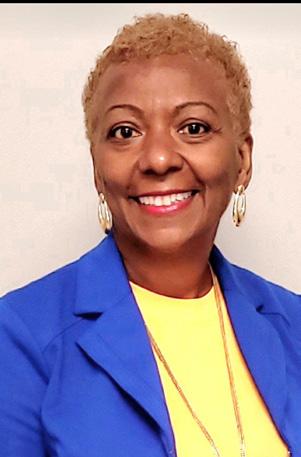
“Although my SPOTs weren’t great I don’t think it was because of my teaching,” Wisdom-Chambers said. “I sincerely believe it was just because of the pandemic, the frustration, people worried about their family. They weren’t able to get clinical hours, concerned about their graduation. So I think those were some of the reasons.”
FAU doesn’t release student comments on SPOT surveys, just the percentages. Rate My Professor is an anonymous website that allows students to leave comments on their professors, negative or positive. WisdomChambers has a 4.6 out of 5 overall quality rating.

“Dr. Chambers is amazing. She really wants her students to be successful but you have to put the work in,” writes one student.
Another student writes: “Responds online promptly. Gives good feedback. Assignments are not too difficult.”
All in all, even with a drop in SPOTs ratings, her students think well of her.
6
College of Arts and Letters: Julie Ward
Sculpture professor Julie Ward experienced a drop of 10 points. She now has a rating of excellent from 80% of her 2021 Summer 3D Art Foundations course, with a 29.4% response rate. Her previous rating in her Spring 2017 Topics: Sculpture course was 90% excellent with a 100% response rate.
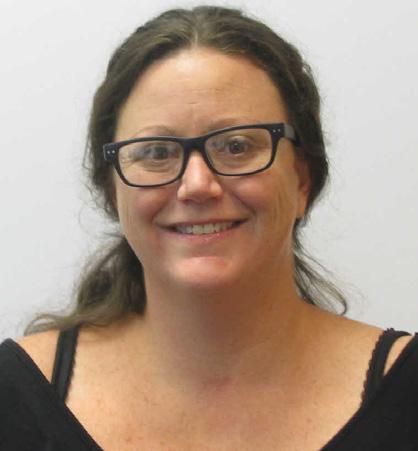
“Professor Ward gives honest feedback to push work to the next level,” writes one student on Rate My Professor. “She is good about giving a good balance of assignments to develop different skills - conceptual art, craftsmanship, reading, research, roundtable discussions, presentations, and writing assignments. We had 3 projects, but we had time to do one more.”
“She’s very unfair in her grading,” writes another. “Gave me an 80% on a paper because I forgot the page number. It was a 1 page paper and that was my only mistake. She’s not very understanding if you have to miss a class and her lectures are boring (she just rambles). Would not take unless you want a difficult teacher with no empathy.”
Of the four ratings she has on Rate My Professor, three were positive. She has an overall rating of 3.8 out of 5. Ward did not respond to requests for comment prior to publication.
College of Education: Cynthia Wilson
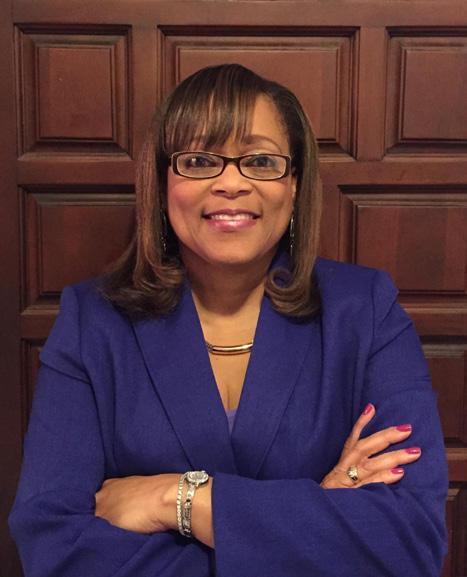
Cynthia Wilson experienced a drop of 26.7 points. In her Spring 2017 Collaborations with Professionals and Families course, she scored 100% excellent with a response rate of 100%. In her Spring 2021 Classroom Management for Inclusive Elementary Schools course, she scored 73.3% excellent with a 45.5% response rate.
“I have taken classes with Dr. Wilson throughout my ESE program. She is passionate in the area of special education,” one student writes on Rate My Professor. “She also has a great excitement for teaching new teachers. Each time I go to her class it is engaging and we may get off topic but it all relates to the content. She inspires me to continue going and I hope that I can keep her with me.”
“Dr. Wilson is a great professor. She is very knowledgeable. However, she spends too much time straying from the topic,” writes another. “She spends a lot of time talking about her family but I guess that is her way of relating the idea to real life situation. I would recommend her. She just need to use less time to cover each chapter.”
She has an overall rating of 3.8 out of 5. Wilson did not respond to requests for comment prior to publication.
College of Engineering and Computer Science: Khaled Sobhan
Khaled Sobhan saw a drop of 45.5 points. His previous rating was 100% excellent with a response rate of 35% of the class for his Fall 2016 Soil Mechanics course. In his Spring 2021 Soil Mechanics class, he scored 54.5% excellent with a 44% response rate.
Sobhan said he follows a “continuous improvement process” every year with strategies put together to enhance student success.
“Personally, I believe that the engineering field is rapidly changing and increasingly crossing the traditional disciplinary boundaries,” Sobhan said. “In response to that, I encourage my students to think more globally and be aware
of interdependent systems, so that they are career-ready and become more competitive in the data-driven future world of work. While my interactive teaching methods have not changed, the contents are always evolving in response to new knowledge and discoveries.”
He has a rating of 3.1 out of 5 on Rate My Professor.
“He aight as a person but not recommended as a professor, especially online or distance learning,” writes one student on Rate My Professor. “He never prepared and afraid to use technology. Refused to bring a marker, answer questions and never returned any course work. Hopefully you can find better value by taken someone or somewhere else. Not worth taking.”
“He is an amazing professor!” writes another. “Really wise man, always answers your questions and tries to help you understand the concepts! His goal is to help you, not to fail you.”
College of Education: Michael Gauci
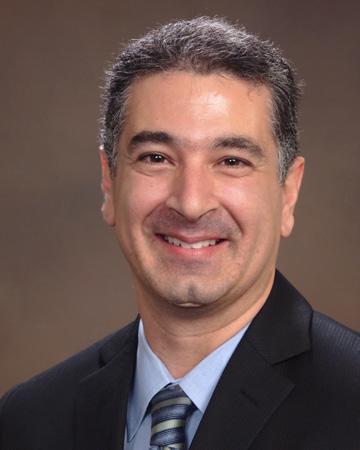
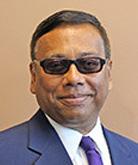
Accounting instructor Micheal Gauci received a score of 100% excellent with a response rate of 100% for his Fall 2016 Government Not-for-Profit Accounting class. In Spring 2021, he received a score of 76.2% excellent with a 80.8% response rate for the same course.
However, according to Gauci his ratings have not dropped due to the headcount in Fall 2016 having an “abnormally low enrollment of six students.”
He offered his own analysis.
“When I analyze all my SPOT scores, the weighted average for question 6 [rate your instructor’s overall teaching effectiveness in this course] on the SPOTS in calendar year 2016 (Spring and Fall) was 1.40 (with 1.00 being an excellent rating and 2.00 being a very good rating),” Gauci wrote in an email. “The same weighted average calculation in calendar year 2021 (Spring and Fall) was 1.28. Therefore, my SPOT performance has remained closest to the excellent rating through the years and has actually improved when comparing 2016 to 2021.”
Student reviews support his increase in ratings.
“Prof Gauci is an amazing teacher! He is passionate about the content & cares deeply about his students success,” wrote one student on Rate My Professor. “I wish more professors could observe & learn from him. He ensures all material are covered throughly & provides additional resources to assist students. You will enjoy being in his class and learning about the accounting profession.”
“Knowledgeable Professor, with a capital “P”, and he knows how to transmit,” writes another. “The book’s not good, but this professor more than makes up for it with his excellent videos. The concepts are difficult, completely new, but if you sit down, pay attention, and study, you’ll pass. You need to watch his videos at least 3 times and complete all the work.”
Gauci received a score of 4.4 out of 5 on Rate My Professor.
7
WHEN EDUCATION GOES UNDERAPPRECIATED
As teachers across the country strike for better working conditions, students in FAU’s College of Education support them in the hopes of having a better future in the profession.
Richard Pereira | News Editor
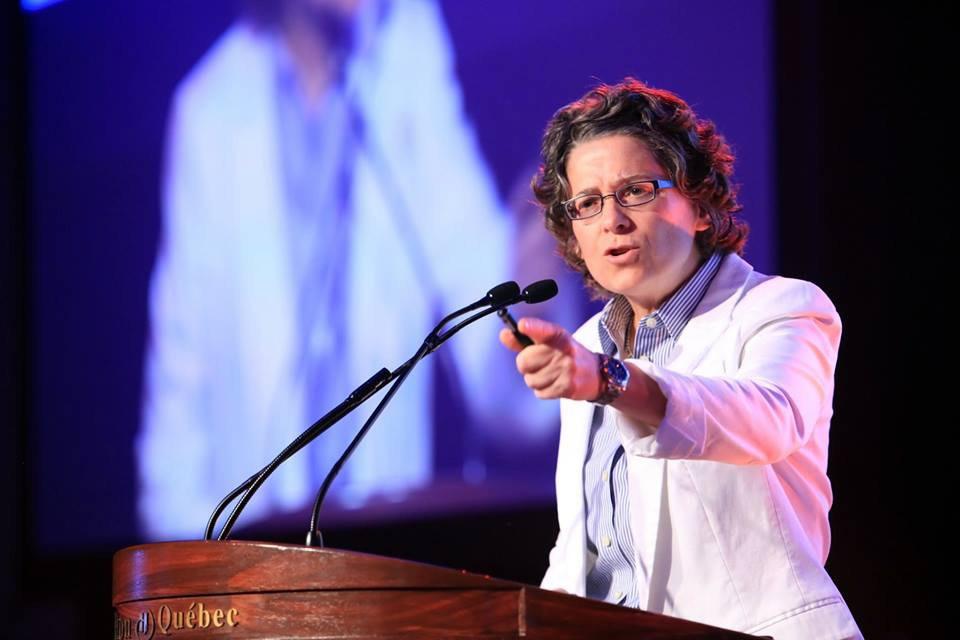
Teachers are essential to enhancing the education and knowledge they provide to students all across the world. However, they have been underappreciated in the United States.
According to a study researchers from the Annenberg Institute at Brown University published in August, there are over 36,500 teacher vacancies in the country. Florida has one of the highest with over 3,900 open teaching positions.
Pay is a major issue for teachers in Florida. According to a report from the National Education Association, the largest labor union in the country, the national annual salary for a K-12 teacher is $54,311. Even though the state’s average starting salary of $44,040 is good for 16th in the country, its average salary overall comes in as one of the lowest at $51,009, only above West Virginia, South Dakota, and Mississippi.
States such as Ohio and Washington have recently experienced teacher strikes. Teachers there have been demanding higher salaries and better working conditions.
These events have caught the eyes of those enrolled or working in Florida Atlantic University’s College of Education, which prepares educators and educational professionals to serve in six of Florida’s public school districts.
Joshua Katz is a 49-year-old Ph.D. student in the college’s department of counselor education. He worked in public schools as a behavior analyst assistant as part of his internship and practicum for his master’s degree in rehabilitation counseling. He saw firsthand how under-resourced the schools were for students and teachers.
“The resources are just not there. It’s cost-prohibitive, and [the schools] cannot provide the services to these students. So then it gets left to the teachers who are not trained to work with these students with disabilities,” Katz said. “And then they already have a classroom that’s overflowing with more students than they’re supposed to have in the first place. And then it just becomes almost impossible to actually teach the class so I completely understand where they’re coming from, why they’re frustrated.”
8
Since 2004, economist Sylvia Allegretto has looked into the teacher pay gaps throughout the country. Courtesy of Sylvia Allegretto.
Sylvia Allegretto, a senior economist at a progressive think tank called “The Center for Economic and Policy Research”, has done research with the Economic Policy Institute on how teacher pay has fared in the country since 2004.

According to Allegretto’s research as of 2021, teachers are earning 23.5% less in weekly wages than college graduates who are not teachers. In Florida, the gap is 19.6%. Even if students want to become teachers, Allegretto said they are less likely to do so because of opportunity costs.
“The teacher pay gap is saying that, on average, teachers are falling further and further behind than the other occupations that college grads go into,” Allegretto said. “You would have to imagine this is what is happening, that college graduates are more and more often not opting to be teachers but going into other professions that pay better.”
Elizabeth Shelby-Davis, a sophomore majoring in social science education, agrees with the demands the teachers are making.
“The work that is required of them to be able to teach [and] come up with lesson plans is definitely something that’s tiring and I think that extra pay would help with that,” Shelby-Davis said. “I’ve seen some of my teachers struggle in their work environment and complain about how there [are] less supplies and how it’s unsafe sometimes, especially with the recent shootings and stuff. It’s definitely a struggle for them and they’re scared, which reflects on the students as well. So I definitely agree with their strike.”
For students interested in going into education, Katz said they have to be really passionate about wanting to teach. He blesses all the teachers that stay and look past the politics, pay, and everything else because they’re there for the kids.
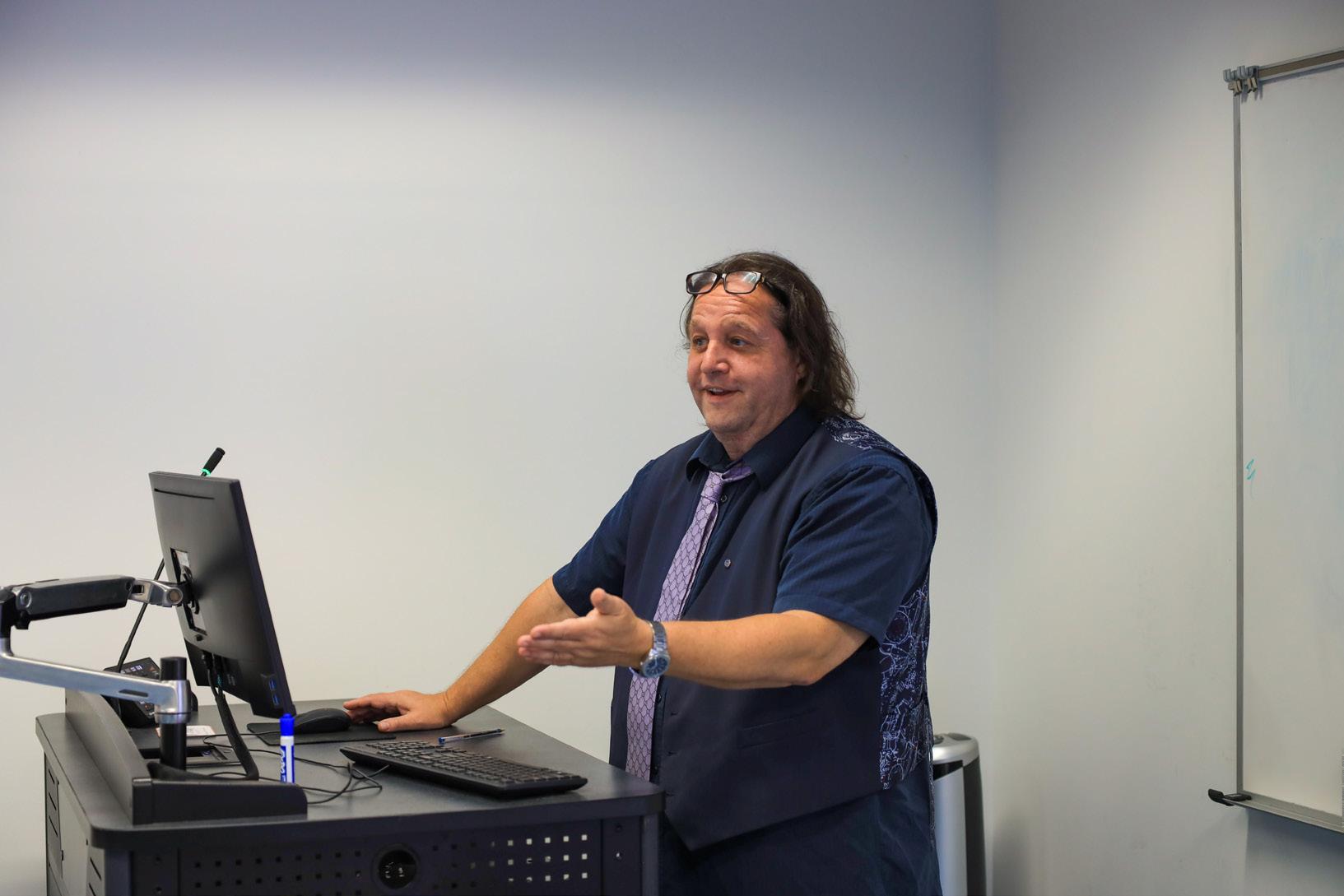
“They’re truly there for the kids and they’re willing to put blinders onto everything else that’s happening because they’re going to just do what they can to make a difference. But it’s hard to find people that are willing to do that,” Katz said.
Even though the current conditions for teachers make Shelby-Davis cautious, she intends to continue entering the profession. She does think most people will consider what major will make them the most money in the long run and will keep them financially stable.
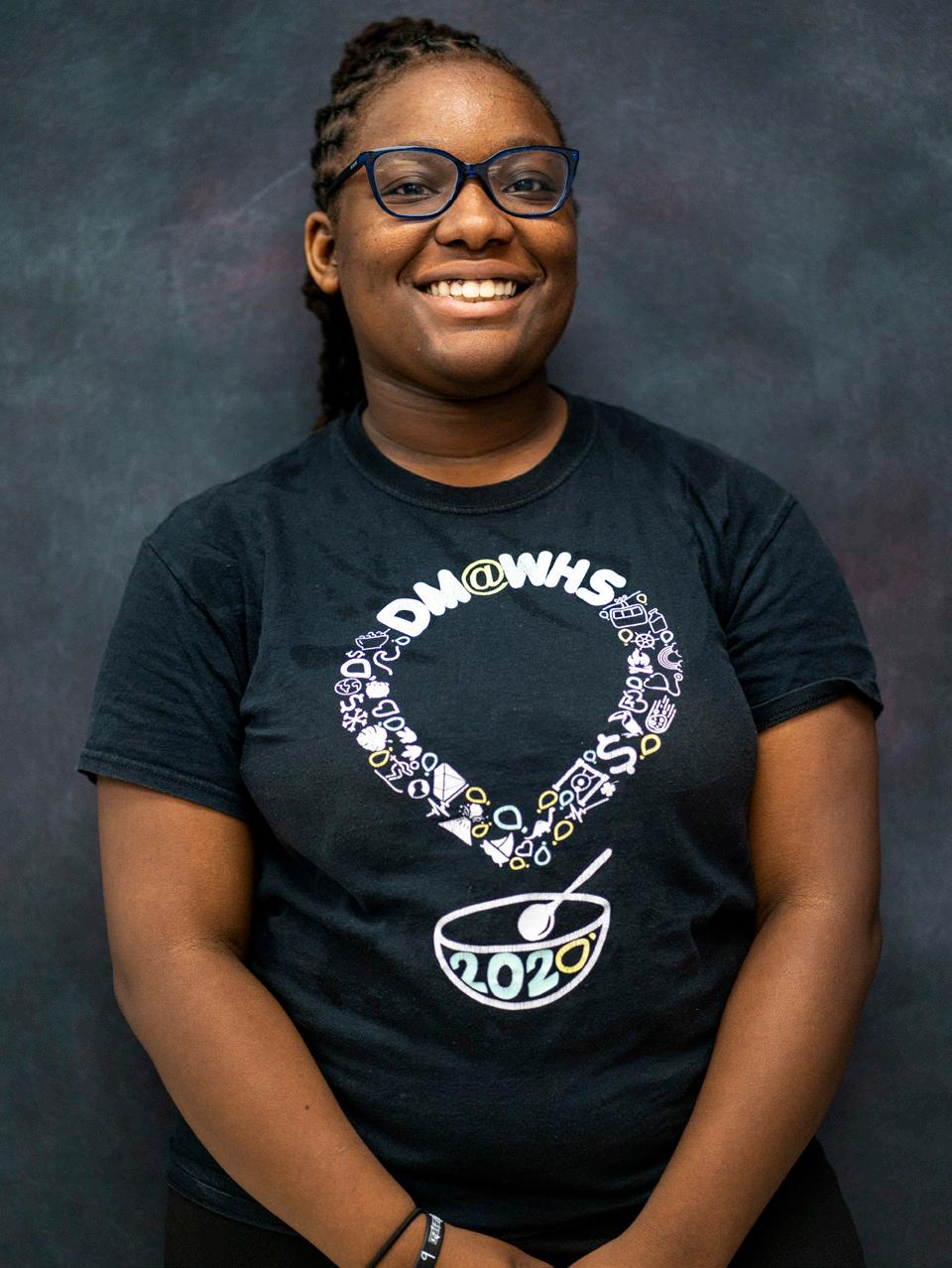
“I think with the teaching field and how the pay is, most people won’t switch towards it. They go towards a business major where they can make more money, Shelby-Davis said. “I think it’s definitely focusing on what your heart wants, and not [just] looking at the money aspect, but also wondering, ‘what do I want to do with my degree?’”
Allegretto believes generally having more worker voices and worker actions would help solve the teacher shortages in the country, especially in the form of unionization.
“I think when teachers go on strike, the kids, the students, and the community around them learn about this process and what it may be like,” Allegretto said. “There’s a lever that you can move one way or another, and unions and collective voices helped to make a fairer and more equitable economy.”
Katz said one of the most rewarding things he ever did was going to Washington D.C. on Capitol Hill to lobby for LGBTQ+ rights. Even though it was not related to education, he got the experience of what it’s like to lobby and felt it to be rewarding.
“The more people are proactive about things like that, the more possibility there is to change and bring more awareness and get those
salaries up and get the resources and funding that’s necessary to make the schools better,” Katz said.
Allegretto can’t think of many professions that are on a day-to-day basis as important as teaching. To her, teachers have a future in front of them every day.
“It’s not just that the kids learn and that the family structure will do better with good teachers and good public education and communities will do better, but it actually has the future of America and the future of our labor force in front of them every day,” Allegretto said. “I can’t think of anything that is more important than that.”
Despite the current working conditions for teachers, Katz does not want to discourage students from being interested in entering the profession. According to him, schools are desperate for teachers all over the country.
“It is one of the few jobs [where] you can get a four-year degree and then literally go out there and there are endless possibilities for work,” Katz said. “We’ve heard about it in the news. They’re importing them from other countries right now because we just have such a shortage. So I would encourage people to consider going into the field.”
9
Joshua Katz responds to a comment that a student makes during his lecture.
Photo by Nicholas Windfelder (Top)
Portrait of Elizabeth Shelby-Davis. Photo by Branden Connelly (Left)
TAKING CARE OF OUR MILITARY OWLS
Ma. Emilia Santander | Copy Desk Chief
Florida Atlantic University prides itself on taking care of its military students with the services and programs available on campus. Thanks to this, the military community has taken notice.
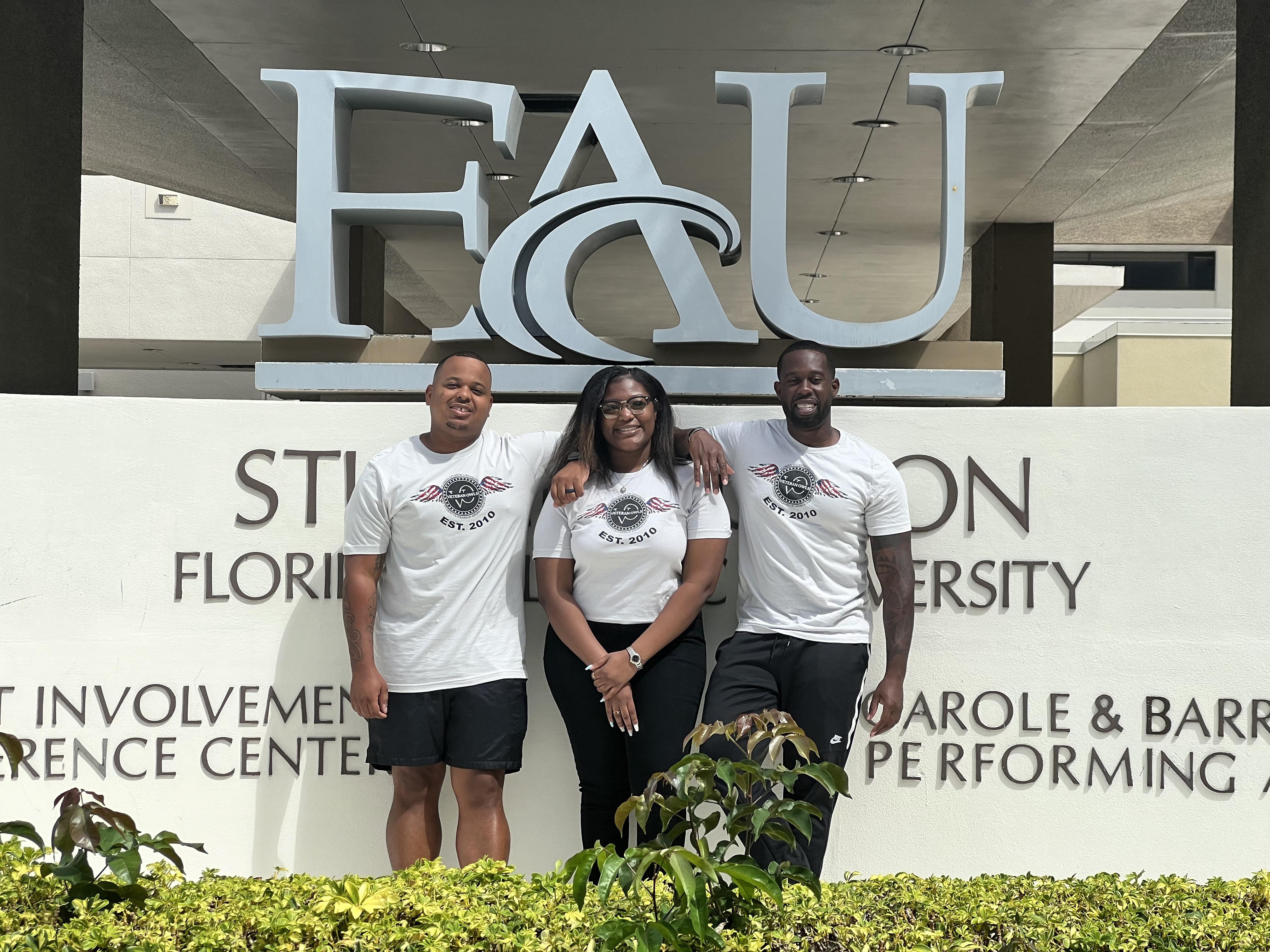
Military Friendly, the military ratings division of VIQTORY, recognized FAU as a Military Friendly school for the 11th consecutive year. According to the website, the recognition functions as a standard to measure the ability to create opportunities for the military community.
Military Times, a publication for the military community, also nominated the university for “Best for Vets: colleges.” This is another recognition the university received for the past several years.
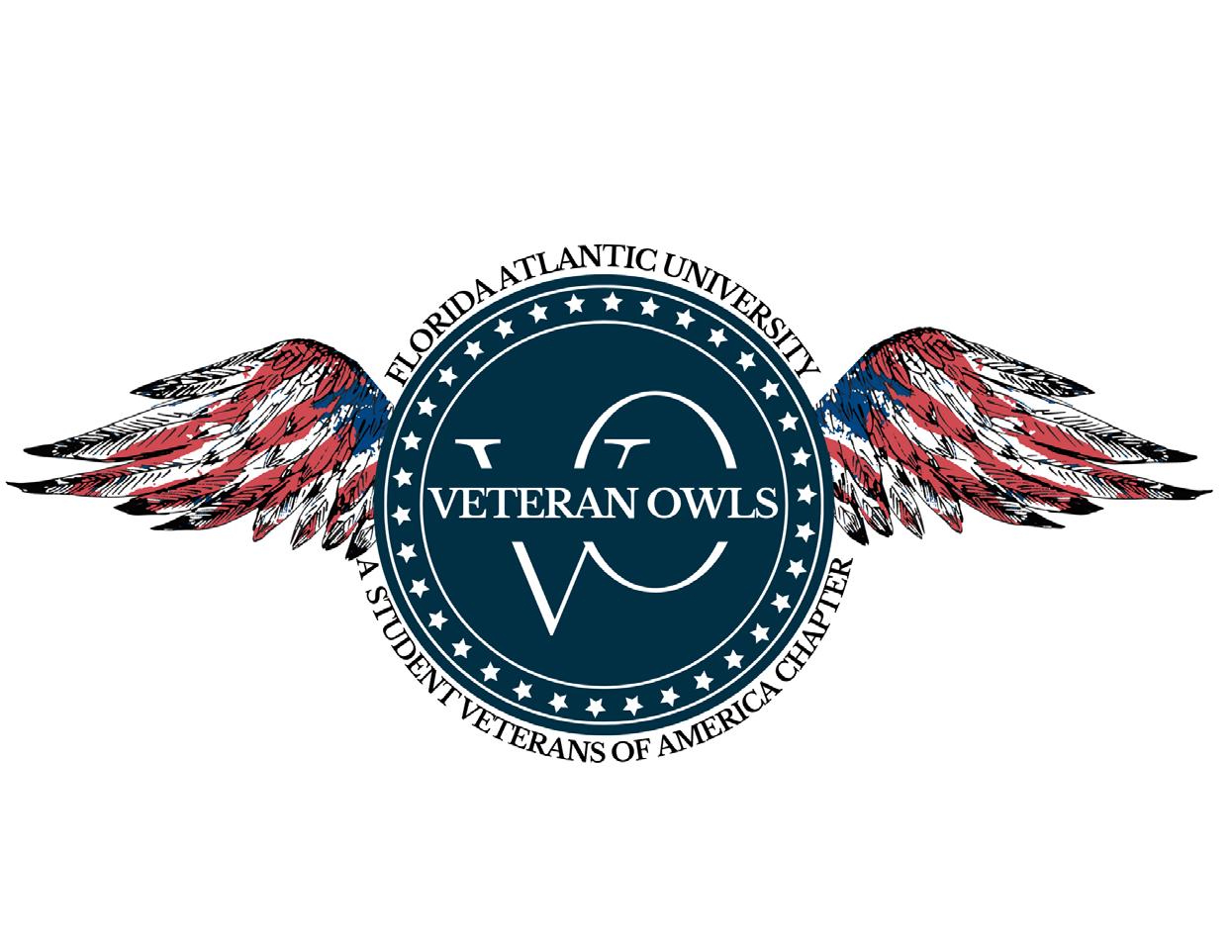
According to both Military Friendly and Military Times, FAU satisfies the criteria into the rankings because of the university’s success metrics, career support, resources, financial assistance and policies.
The Military and Veterans Student Success Center is located in the Student Union, and provides students from the military community the tools to thrive at the university.
Gabriel Donald, an army veteran and director of the center, believes students struggle the most with “trying to adapt from the system.”
According to Lenine Dolidor, a marine veteran majoring in exercise science, interaction with civilians can be a struggle.
“People are sensitive. We are really aggressive [in] the way we talk, we curse a lot. Well, I curse a lot, and you can’t do that. Being out here, you have to really censor what you say because people get hurt,” Dolidor said. “People that are not in the same mindset as you because you are in the military, and a lot of things don’t bother me. I’ve been through not showering for a couple of days.”
Keyon McDavis, an army veteran majoring in interdisciplinary studies, shares Dolidor’s struggle.
“The things you say, how you communicate, [and] your body language when you are talking with someone,” McDavis said. “We have this thing in the military where we automatically think, in civilian life you may talk to a person and then they may get offended by the smallest thing that you say and you just gotta know when to turn it off, when to turn it on, because I’m a very
10
has been considered ‘Veteran Friendly’ for 11 consecutive years.
FAU
Courtesy of Veteran Owls Club. Keyon McDavis (right), Ednique Davis (middle) and Lenine Dolidor (left).
nonchalant person. But I’m also a people’s person when I need to be.”
Through its website, students can apply for their Veteran’s Affairs (VA) benefits and find out about important updates, upcoming events, and ways to get involved in the community.
The Study-Work program is another VA benefit where students can receive additional allowance and work by assisting other students with services and benefits.
Ednique Davis, a dependent majoring in health science, is enrolled in this program and enjoys it immensely. A dependent is a benefit-eligible relative of a veteran, like a spouse or child.
“You learn about different veterans and different people, they have some good stories. I ain’t gonna lie, I get really invested like I was there,” said Davis.
Additionally, the center offers the Side-by-Side program to assist students professionally. Students learn how to establish career goals, write a resume, attend networking events, practice job interviews, build a LinkedIn profile, and attend networking events and job fairs.
Davis believes the Side-by-Side program benefits veterans by allowing them to develop professionally and think for themselves, instead of “thinking on a military side.”
The Veteran Owls club is a student-run club that promotes community involvement and helps veterans adapt to civilian life, which McDavis, Davis and Dolidor are part of.
The club first began in Spring 2010 and has been working along with the center to provide support and assistance to veterans and dependent students transitioning into the academic community.
Its current executive board is composed of McDavis as president, Davis as vice president and Dolidor as social media and finance manager.
“We [try] to participate in many community events and things that normally come up around Veterans Day, like painting the veteran’s house or something like that,” said McDavis. “Or volunteering in any kind of way that we possibly can just to get us all together and fellowship with all the veterans, dependents and active students and stuff like that.”
Students interested in getting involved with the military community, independently of their relation to it, are encouraged to join Veteran Owls. Veteran Owls and the center also work with other organizations around campus to enhance students’ experience.
Their most recent collaboration is with the Canines Providing Assistance to Wounded Warriors’ (C-P.A.W.W.), FAU Veteran Canine Rescue Mission (VCRM).
C-P.A.W.W. is a health research initiative located in the Christine E. Lynn College of Nursing that looks into the health improvement of veterans through canine assistance.
Its newest initiative partners veterans with rescue dogs as companion or service animals. It also partners with the Humane Society of Broward County (HSBC), an organization that looks to improve the lives of animals by advocating for adoption, education and community services.
“Many dogs in the shelter need homes and I know that there are veterans that are very interested in having a dog as part of their life. It can make a beautiful synergy,” said Cheryl Krause-Parello, director of C-P.A.W.W. and associate dean for Nursing Research and Scholarship.
Additionally, the initiative works along with Happy With Dogs, a training boarding daycare for dogs, to acclimate the dogs to life with the veteran and receive training based on the veteran’s need.
When looking for trainers, Krause-Parello believed a veteran was the best fit for the mission because of the connection people in the military community share.
Rebecca Pasko, founder and trainer of Happy With Dogs, is also a Marine Corps veteran. To her, all armed forces personnel become brothers and sisters to one another.
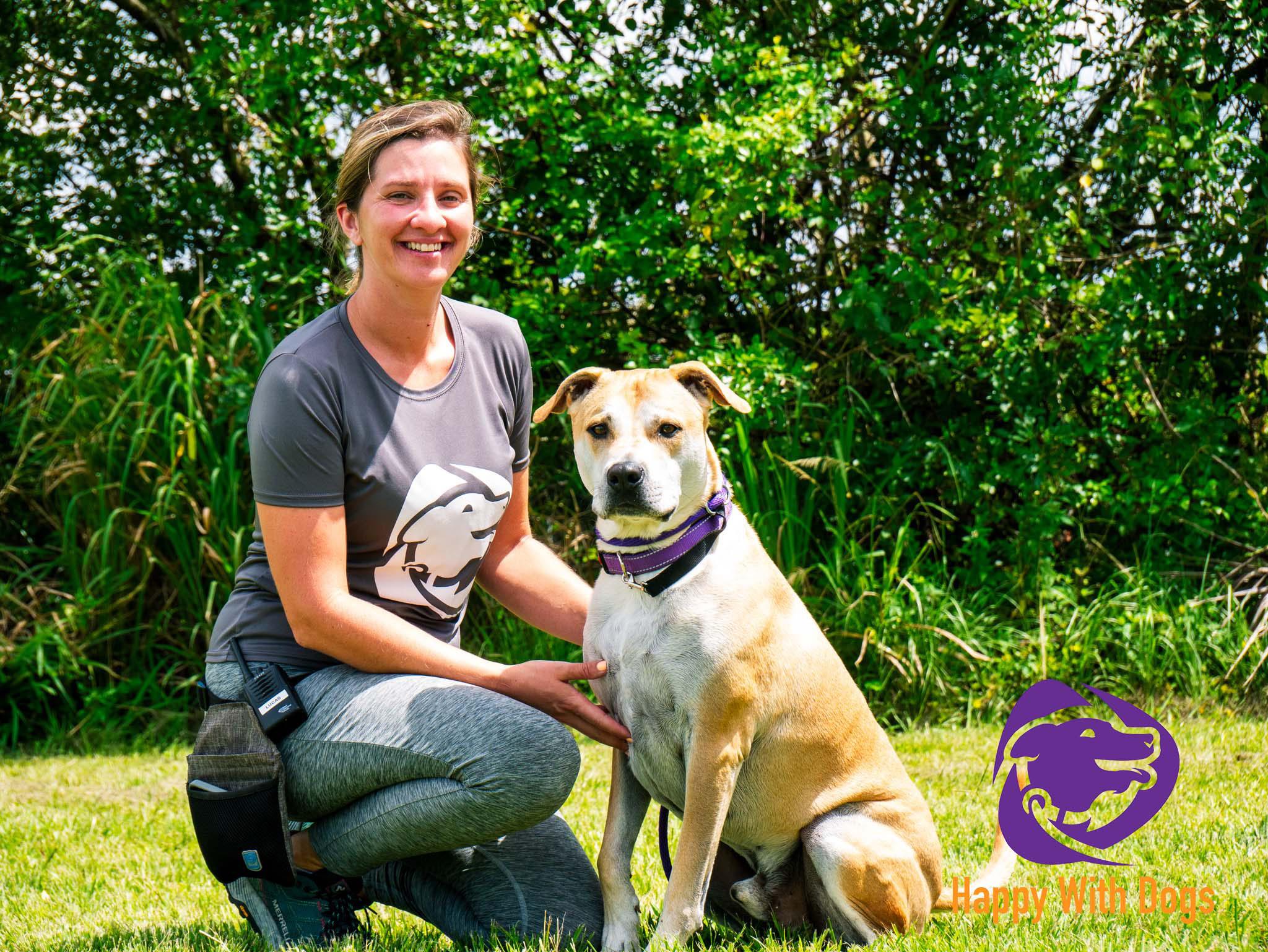
“We can communicate and understand each other in a way not known to anyone other than Veterans,” Pasko said. “I know the struggles and isolation
you can feel as a veteran, and this allows me to communicate with and help guide other veterans that may be going through something similar.”
Pasko knows the quality of life of veterans improves by pairing them with dogs because they have unconditional love and may become service animals. The bonus is rescuing dogs from the HSBC.
The initiative is currently in its pilot year and donations from the Phil and Susan Smith Family Foundation, Susan A. Smith, and the Phil Smith Automotive Group cover for adoption fees, dog care, boarding and administrative staff, according to FAU Foundation’s Director of Development Alyson Warner.
Dolidor was one of the first participants on the mission and was partnered with Lena, an American bulldog.
“It was good. The trainer, [Pasko] is also a veteran, she was a marine officer. We bonded on the first day that we met. So it was like once a week we’ll come together and then we’ll just train my dog, so good,” said Dolidor.
These recognitions are not the peak of FAU’s standards, but a landmark to keep improving and assisting a part of the community.
Dolidor advises the FAU community to be more understanding of people’s diverse backgrounds and communicate when something is perceived as offensive.
McDavis believes “leading by example” is key to improving community involvement.
“When you show someone that you are a natural leader, and you’re out and you’re participating, then you congregating with them, that gravitates people towards you, then they want to know you,” McDavis said. “Especially with ROTC, they’re going in and we’re veterans, so it’s more like a mentorship. So we’ll talk to them like ‘Hey, what you want to know? I can’t tell you exactly what’s gonna happen, but I can tell you what I’ve been through and I can tell you things to look out for.’ So it’s pretty much like a partnership.”
11
Rebbeca Pasko, founder and trainer, with Simba, a rescue, after a training session Photo Credit to Alex Dolce, courtesy of C-P.A.W.W. Rebecca Pasko
ARRESTLESS CAMPUS?
No arrests occurred on FAU’s Boca Raton campus, as the only recorded arrest took place on the Jupiter campus.
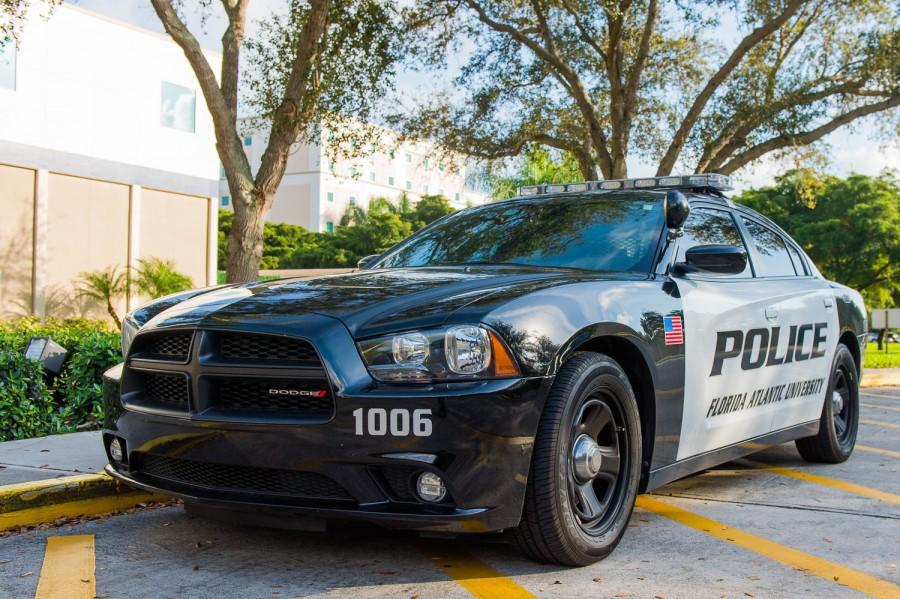 Johnny Cantwell | Contributing Writer
Johnny Cantwell | Contributing Writer
There were no arrests on Florida Atlantic University’s main campus last year. But that doesn’t mean there was no crime.
Federal law requires the university to release all on-campus and offcampus if the crime is committed by a student — it’s called the Clery Act.
FAU has the third-highest alcohol and drug violation referrals and second-highest weapons violations.
Compared to other Florida schools, Florida Polytechnic University (FPU) is the only other state school with zero arrests on the university’s main campus. But FAU has 30,808 enrolled students, while FPU has only 1,236 enrolled students.
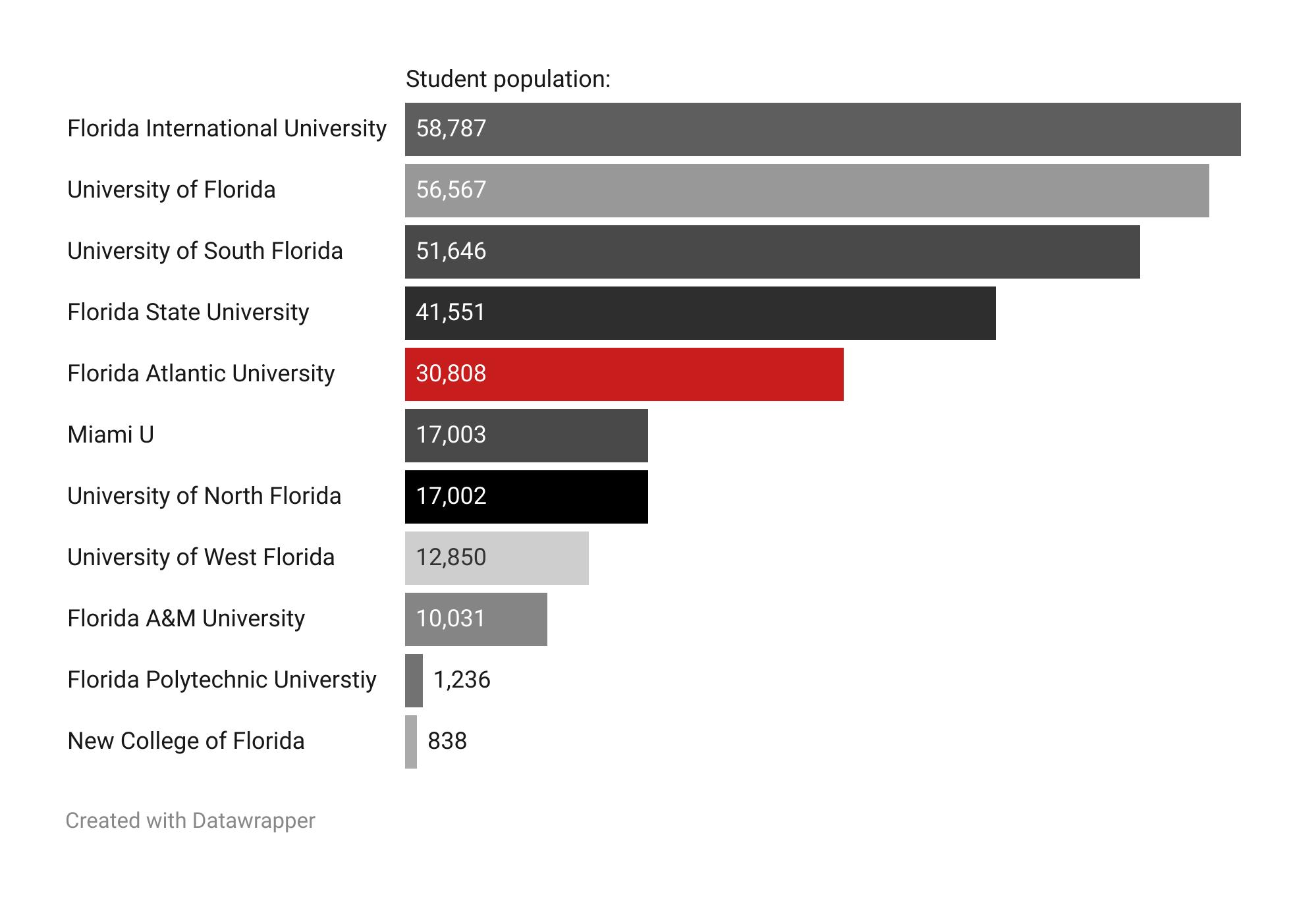
What’s the Clery Act?
In spring 1986, Joseph Henry beat, cut, raped, and murdered fellow Lehigh University student Jeanne Clery. Following this, Congress enacted the Clery Act.
This act requires all universities that receive any federal funding to release an “Annual Fire and Safety Report”, which counts all reported university crimes.
Why should students care?
Acting Vice President of Student Affairs Larry Faerman believes the Annual Fire and Safety Report is important for students to read.
“I think it’s important for folks to realize that they know the environment that they’re coming into,” he said. “I think as a student who’s coming to a university, you want to know what you need to be aware of.”
12
Student Population:
Photo of an FAU PD crusier
Photo by Max Jackson
FAU’s report claims there was only one arrest in 2021 — and it wasn’t on the main campus.
One student was arrested on the Jupiter campus in 2021 for a weapons violation. FAU had one of the lowest arrest rates compared to ten other Florida universities.
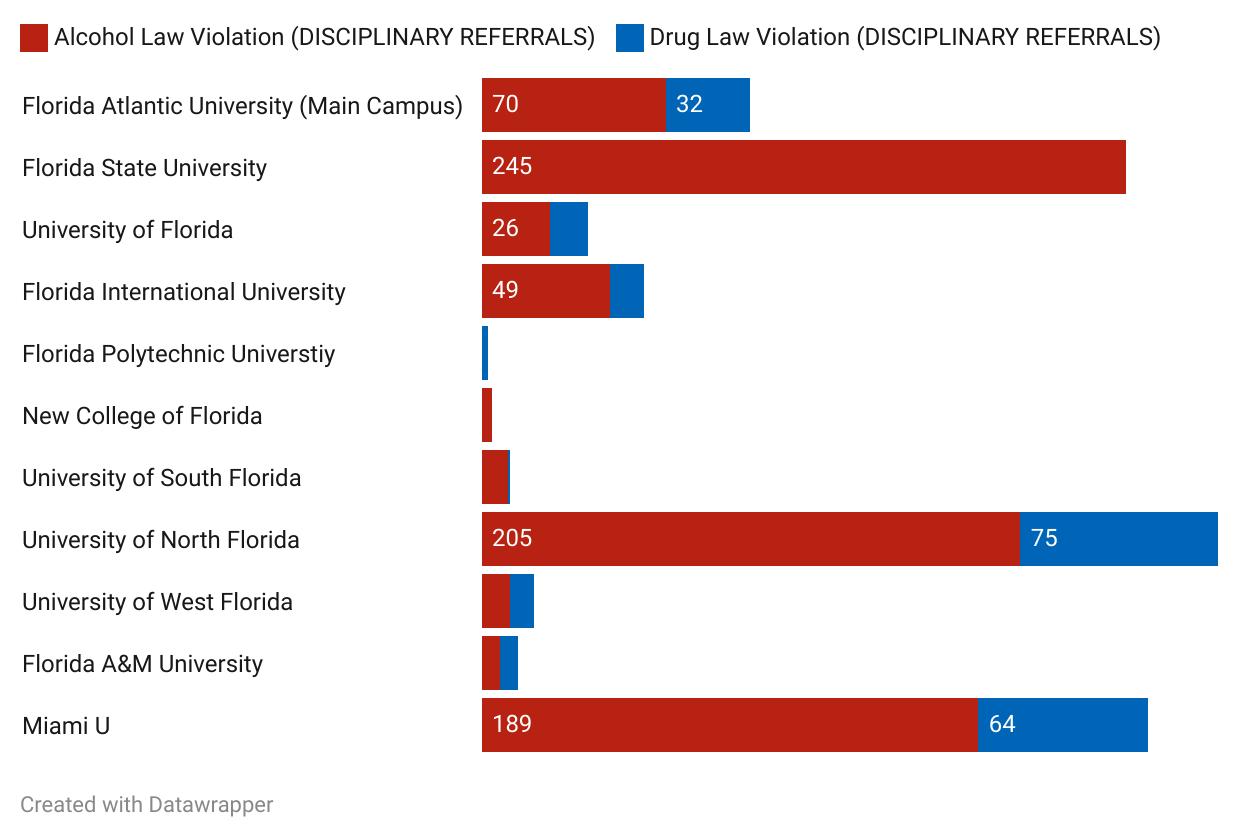
Faerman said the university keeps its arrest number down by dealing with most incidents within other departments.
“People are coming to college and there is a degree of experimentation,” he said. “There are miscommunications that happen and so I think where they can, where the individual is respectful and compliant, and where we’re able to moderate incidents, especially when there is not a victim, that [FAU Police Department] would rather say ‘let’s help this student learn from it, and not impact their life later on.’”
The University of South Florida had the most arrests with 96 and FSU followed with 66. FAU and Florida Polytechnic were the only universities in the State University System that had zero arrests on their main campus.
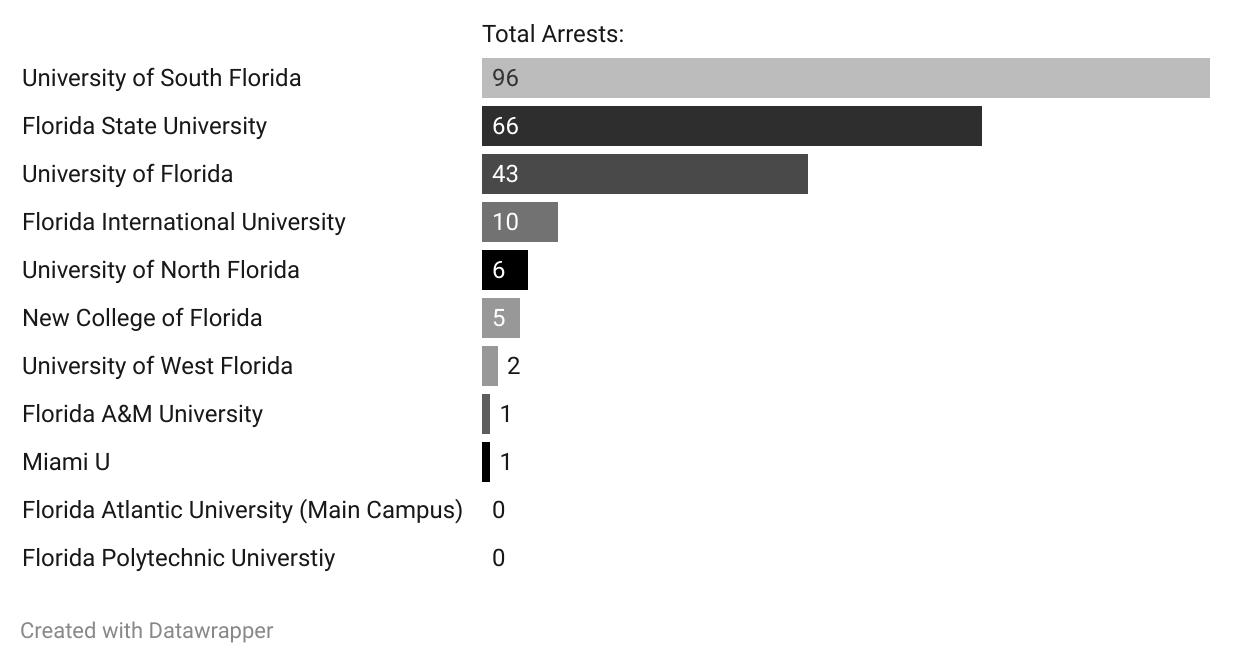
Faerman believes other universities may have higher crime reports because of their Greek housing, which FAU does not have.
“I think Greek housing sometimes escalates some numbers at some institutions. Certainly the more first-year students that you have on campus, that can be escalated as well,” Faerman said.
FAU statistically has the third highest number of drug violations out of all the universities in the SUSF. According to Kimberly Strong, the Clery Act compliance coordinator for FAUPD, the university is working to lower these numbers.
“Campus safety is our priority,” she said.
Faerman suggested that a more lively campus may be tied to some crime.
“The more people around and taking [part] in activities, the more opportunity there is to have those statistics increase,” Faerman said, referring to the recent acceptance of FAU’s largest freshman intake this fall.
Alcohol & Drug Law Violations
Arrests:
13
Source: FAU Annual Fire and Safety Report
HOT OR NOT?
The UP collected what we consider the two biggest, most hyped events this semester and decided if they lived up to the hype or if they fell through
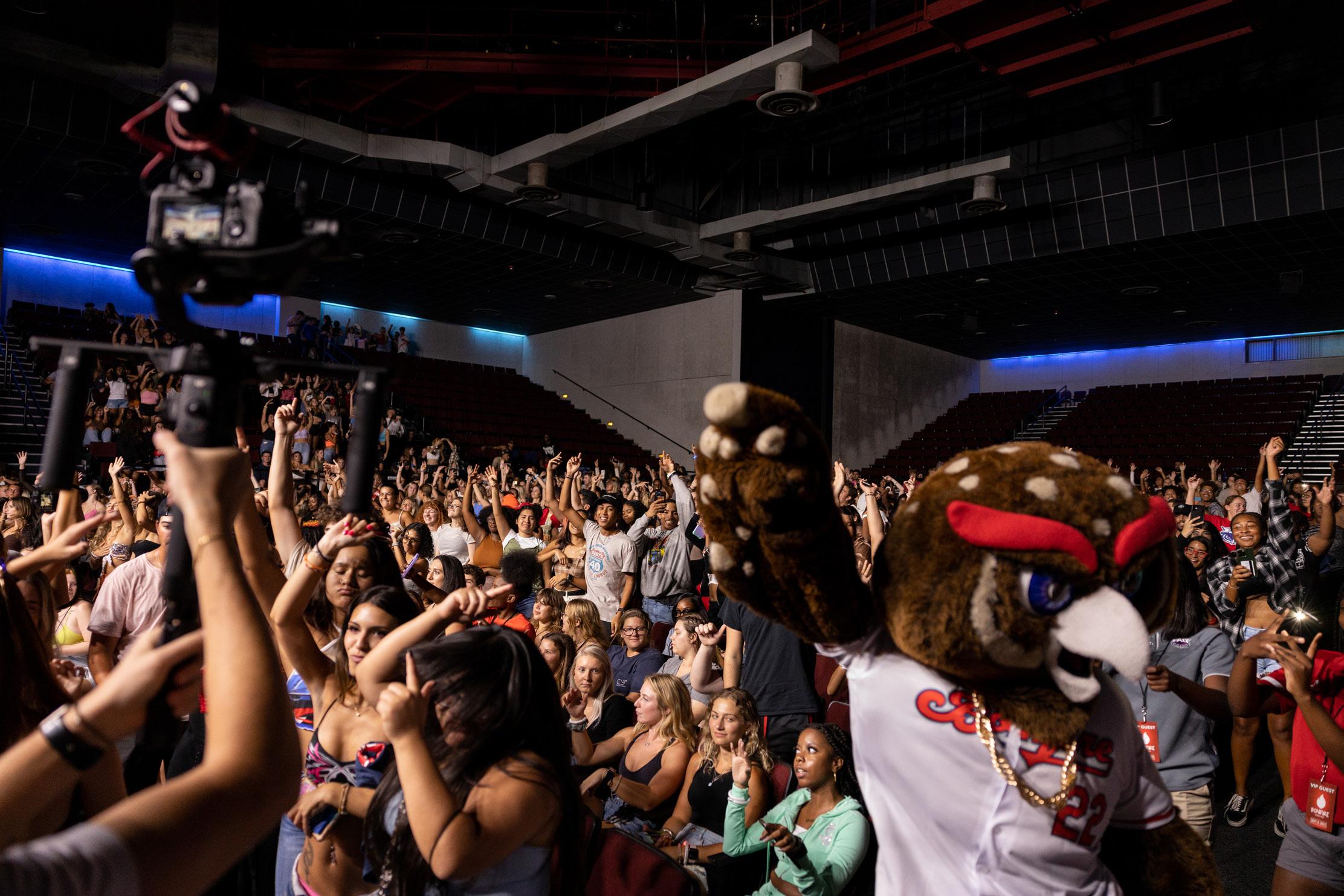
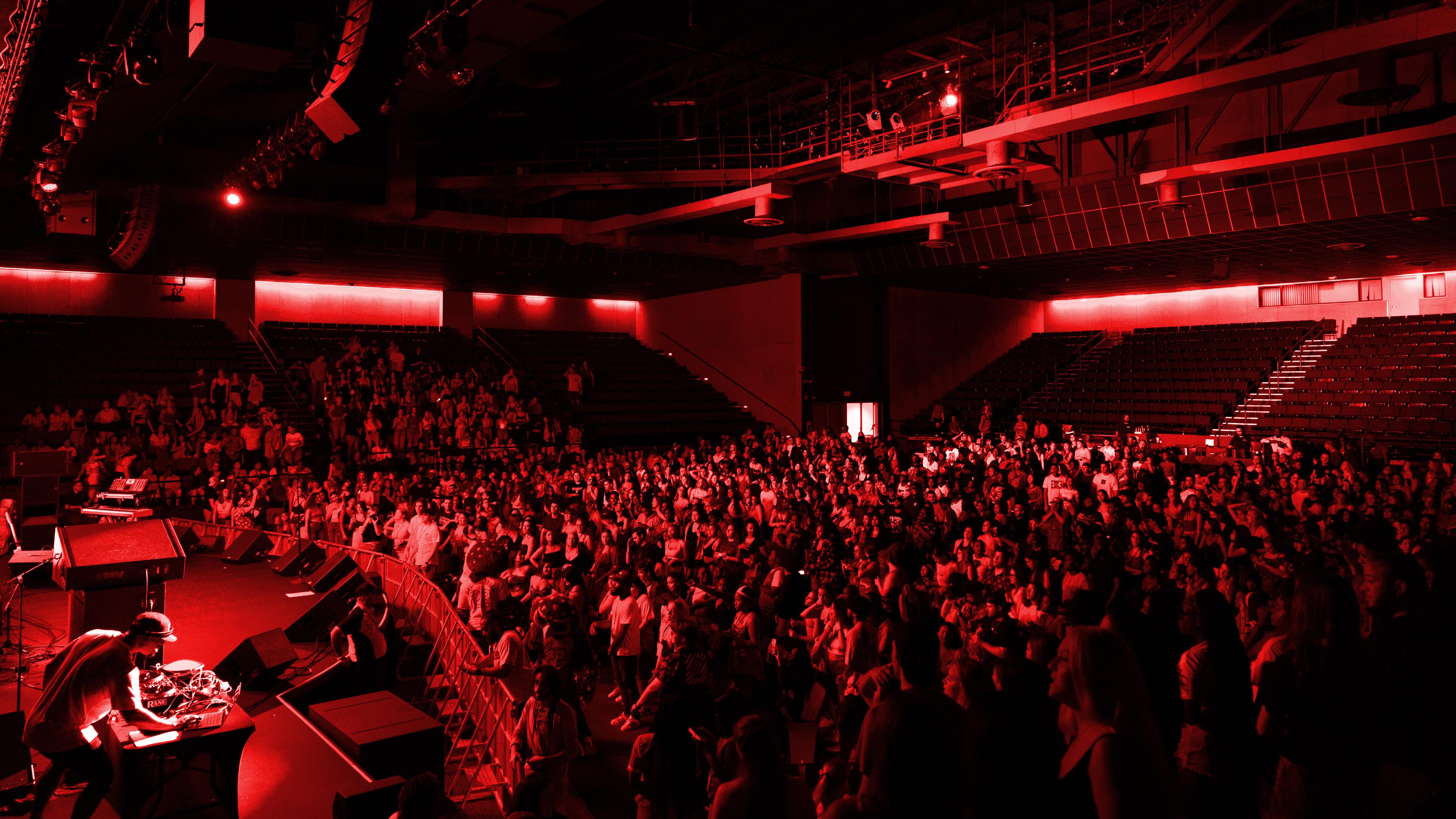
“sold
BONFIRE CONCERT
HOT NOT
Savannah: I liked that there were seats. The room had air conditioning and Justine Skye was really good. Definitely a fan of hers now. I like that after Willie Jones’ set got cut short last year he came back to do it again. Owlsley and Hoot were the best part of the show, whoever was in them needs to be Owlsley and Hoot every single time.
Nicholas: After the hype for these artists coming out to FAU for the “sold out” bonfire performance, the night was filled with delays, open seats, and performers over hyping themselves.
Lance: The area was absurdly loud. The inside area was incredibly hot as well and I felt that at some point it was too much and had to leave early.
14
For what was considered a
out” and highly anticipated show, there were lots of unfilled seats and performers who overhyped themselves for what they were performing. -Nicholas Windfelder
Photo by Nicholas Windfelder
FAU Students stand up and party hard during the main performance, featuring Nelly, takes place at the 2022 FAU annual Bonfire event
Photo by Nicholas Windfelder
FAU FOOTBALL
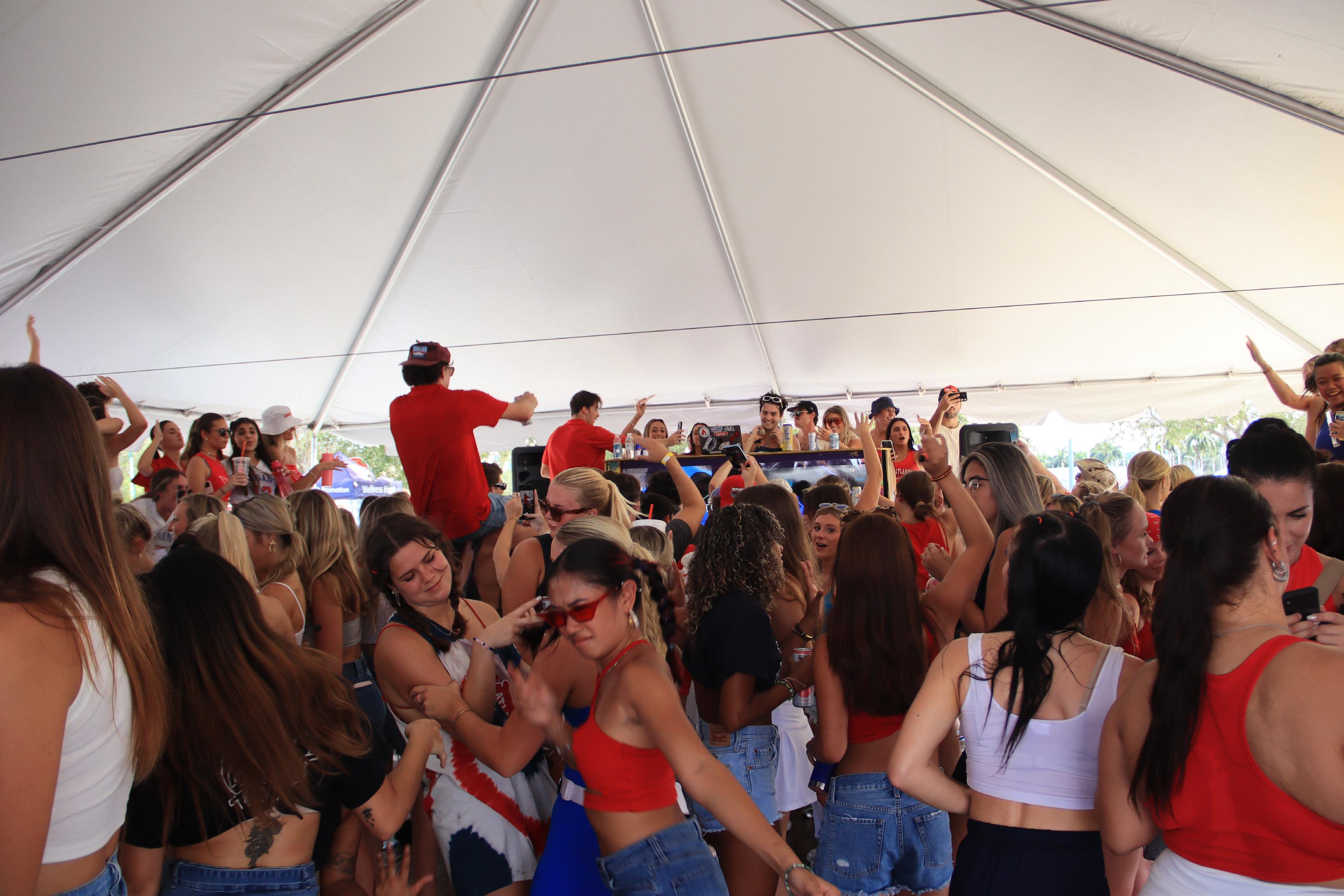
HOT NOT
Lance: FAU’s Fall 2022 season has been an exciting thing to watch. While our scores weren’t as impressive, the school spirit was most definitely. The student section felt very energetic, at our highs and even our lows. The tailgates were underwhelming but I think the frat mentality of making men pay is a huge drawback and overall pretty sexist.

Emilia: The SELA game was fun. It was my first time going to a football game and I got to sit on the 50 yard, try food and learn how football works.
Savannah: FAU football games feel like the same thing over and over again. They either lose terribly or crush the other team. The tailgates are overall underwhelming, the tents are crazy full and there’s no room to move around. Along with that, it’s super hot outside and almost no one focuses on the safety and hydration of the students.
FAU fraternities and sororities pack in under their tent during a tailgate at FAU’s first football game of the 2022 season.
Photo by Gabriel Mclean
UCF Quarterback attempts to get over Jacob Merrifield (50) which resulted in Jacob turning him over into the end zone on Sep. 17, 2022.
Photo by Nicholas Windfelder
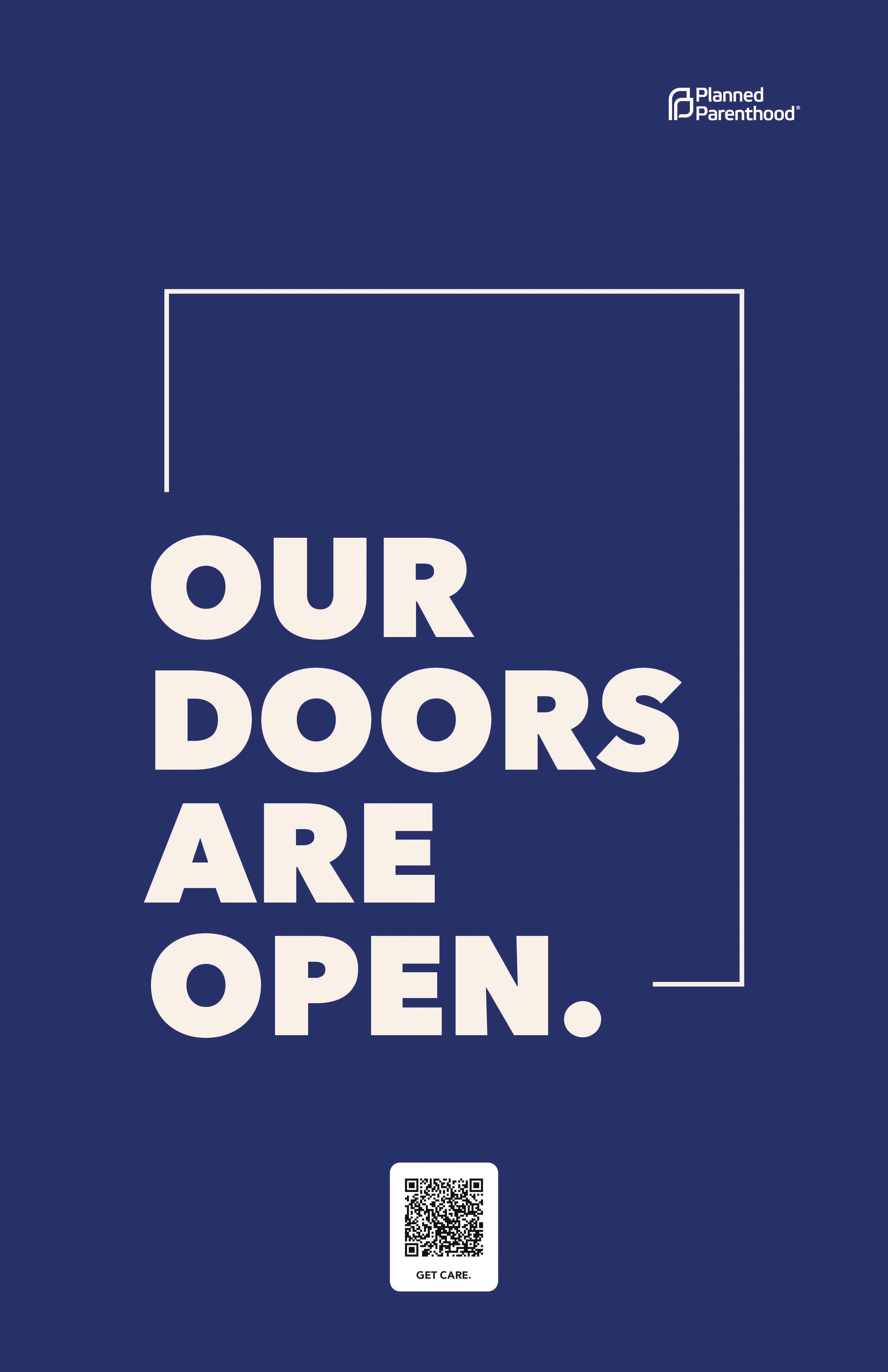
 Economist Sylvia Allegretto
Economist Sylvia Allegretto





















 Johnny Cantwell | Contributing Writer
Johnny Cantwell | Contributing Writer







